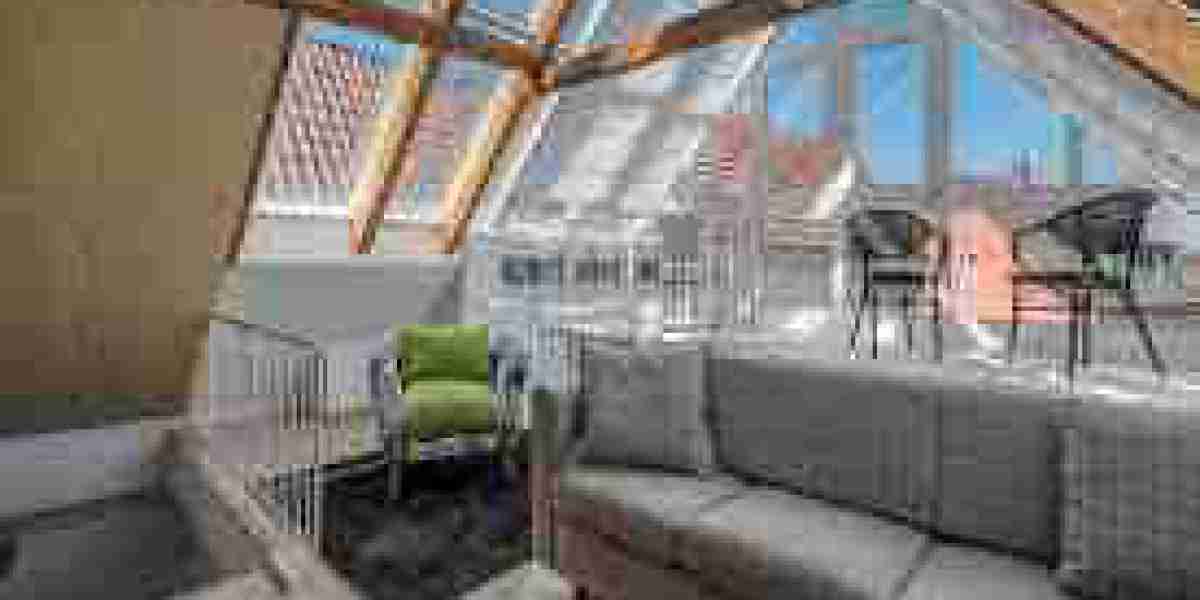Loft conversions have become a popular way to extend living space in the UK, especially in homes where expanding outward isn't an option. Whether you need an extra bedroom, office, or entertainment space, converting your loft can be a cost-effective solution. Here's everything you need to know about loft conversions, from planning to completion.
1. What Is a Loft Conversion?
A loft conversion is the process of transforming an empty attic space into a functional room. It typically involves reinforcing the floor, adding insulation, and creating access through a staircase.
2. Why Choose a Loft Conversion?
Loft conversions are perfect for maximizing unused space without altering the footprint of your home. They’re less expensive than traditional extensions and can increase property value by up to 20%.
3. Types of Loft Conversions
3.1 Dormer Loft Conversion
This type involves extending outward with a dormer window, creating additional headroom and floor space.
3.2 Hip-to-Gable Conversion
This method converts the sloping side of your roof into a vertical wall, perfect for semi-detached houses.
3.3 Mansard Conversion
More structural work is involved, making it pricier, but it offers the maximum space.
3.4 Rooflight/Velux Conversion
One of the simplest and cheapest options, this involves installing windows in the existing roof without altering its structure.
4. Benefits of Loft Conversion
- Increased Living Space: Create an additional bedroom, office, or play area.
- Added Home Value: Loft conversions often add 10-20% to the value of your home.
- No Need for Planning Permission: Most conversions fall under permitted development.
5. Cost of Loft Conversions
The cost varies depending on the size and complexity. On average, you can expect to spend:
- £20,000 to £40,000 for small to medium-sized homes
- £30,000 to £60,000 for larger homes [1].
6. Planning Permission and Building Regulations
Most loft conversions don’t require planning permission if they stay within the limits of permitted development. However, they must adhere to building regulations regarding structural integrity, fire safety, and energy efficiency.
7. Timeline for Completion
A loft conversion typically takes 6-8 weeks, depending on the complexity [4].
8. Key Considerations Before Starting
- Structural Integrity: Can your home support the conversion?
- Insulation: Proper insulation is vital for year-round comfort.
- Lighting: Natural light is crucial, so plan your windows accordingly.
9. Choosing the Right Contractor
Select a contractor experienced in loft conversions. Check references, look at previous projects, and ensure they comply with all building regulations.
10. Financing Your Loft Conversion
Explore financing options such as home improvement loans or using your home's equity. Ensure you budget for unforeseen expenses.
11. Design Ideas for Loft Spaces
Consider skylights, built-in storage, and multifunctional furniture to make the most of your new space.
12. Common Mistakes to Avoid
- Neglecting Building Regulations: Always ensure compliance.
- Poor Lighting: Don't underestimate the need for natural and artificial light.
13. FAQs
13.1 Do I need planning permission for a loft conversion?
Most conversions don’t require it as long as they stay within permitted development rights.
13.2 How long does a loft conversion take?
On average, 6-8 weeks depending on complexity.
13.3 Will a loft conversion add value to my home?
Yes, it can increase your home's value by 10-20%.
13.4 How much does a loft conversion cost?
The cost ranges from £20,000 to £60,000 depending on the size of your home [6].
13.5 What is the most cost-effective type of loft conversion?
Rooflight/Velux conversions are the most affordable as they don’t alter the structure of the roof.
Conclusion
A loft conversion is an excellent way to enhance your living space and add value to your home. With various styles to choose from and the potential to avoid planning permission, it's a smart investment for homeowners looking to maximize space.














